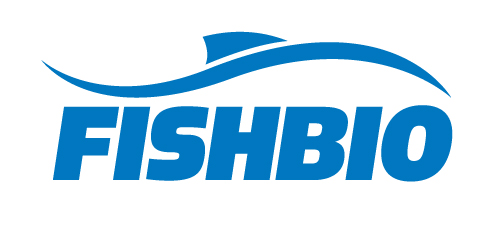 From FishBio:
Predicting how animals will respond to a warming global climate is a major focus of ecological research, and evidence suggests that aquatic species are in particularly hot water. Ectothermic, or cold-blooded aquatic animals like fish do not internally regulate their body temperature, and therefore a warming environment has a significant influence on their metabolism. This relationship between temperature and metabolism is particularly critical for young fish, especially for the sensitive embryo stage. Trapped within their eggs, fish embryos have little ability to adjust to changing environmental conditions. Warm temperatures create a vicious cycle by increasing embryo metabolism and oxygen demand, while at the same time limiting the amount of dissolved oxygen in the water around them. It has been hypothesized that oxygen intake is what dictates the maximum temperatures that fish embryos can withstand. To better understand this potential reason behind thermal tolerance in aquatic eggs, a group of researchers formulated a mathematical model to explain oxygen limitation and then tested whether this model could predict thermal tolerance across a range of conditions (Martin et al. 2020). Their findings suggest that fish embryos, especially older, larger ones, may be far more sensitive to oxygen in their natural habitat than previously believed.
From FishBio:
Predicting how animals will respond to a warming global climate is a major focus of ecological research, and evidence suggests that aquatic species are in particularly hot water. Ectothermic, or cold-blooded aquatic animals like fish do not internally regulate their body temperature, and therefore a warming environment has a significant influence on their metabolism. This relationship between temperature and metabolism is particularly critical for young fish, especially for the sensitive embryo stage. Trapped within their eggs, fish embryos have little ability to adjust to changing environmental conditions. Warm temperatures create a vicious cycle by increasing embryo metabolism and oxygen demand, while at the same time limiting the amount of dissolved oxygen in the water around them. It has been hypothesized that oxygen intake is what dictates the maximum temperatures that fish embryos can withstand. To better understand this potential reason behind thermal tolerance in aquatic eggs, a group of researchers formulated a mathematical model to explain oxygen limitation and then tested whether this model could predict thermal tolerance across a range of conditions (Martin et al. 2020). Their findings suggest that fish embryos, especially older, larger ones, may be far more sensitive to oxygen in their natural habitat than previously believed.
Continue reading at FishBio by clicking here.



